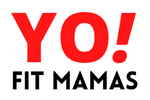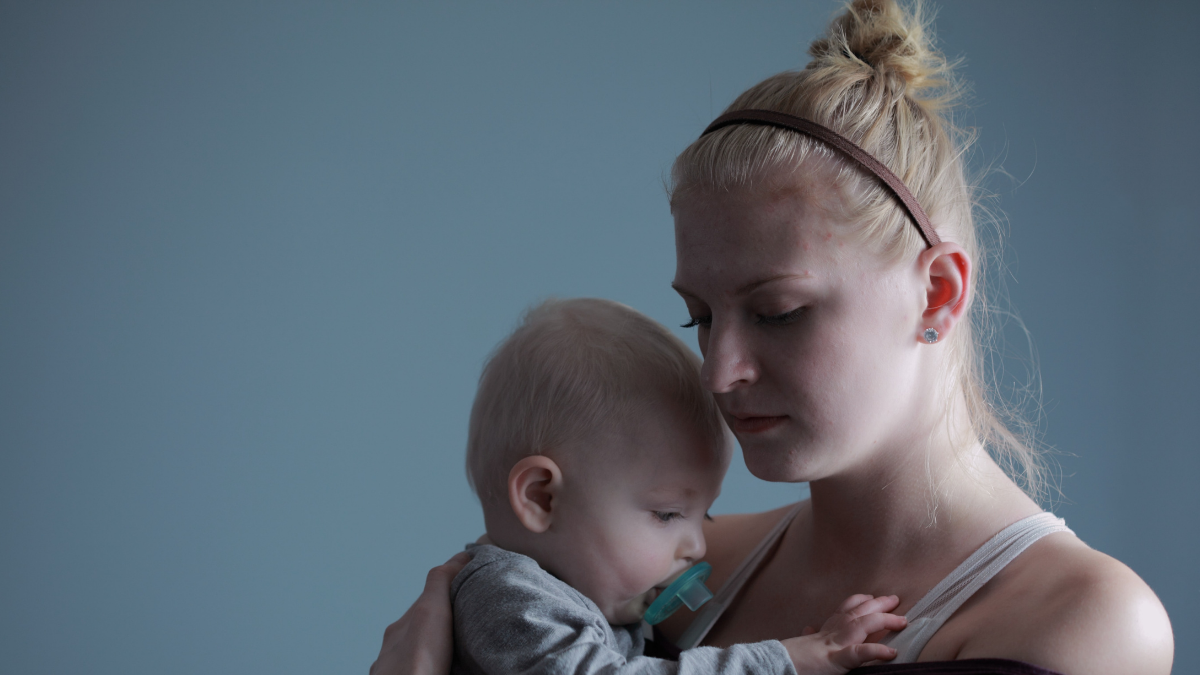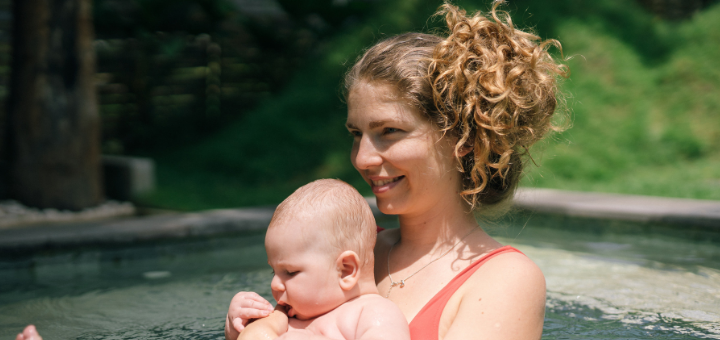Parenting has never been easy. It’s hard to discipline your child without feeling like you are being too hard or too soft, or nurture them without wondering if you are spoiling them. In addition, mom-shaming makes it worse; people tend to judge your parenting style without the slightest empathy. But you should never let this affect your role as a mom.
What’s your parenting style, and how does it affects your child? Read on.
1. Authoritarian
In this case, you are a disciplinarian mom whose word is final.
Characteristics of Authoritarian Parenting
You believe that your children must follow what you say regardless of their feelings.
As an authoritarian parent, you don’t believe in your child having an opinion. Rebellion is managed with punishment. Any question regarding your rules is answered with the infamous “Because I said so”.
You punish instead of disciplining your child, with the intention of making them regret their mistakes.
You see nurturing a child as spoiling them.
Advantages of Authoritarian Parenting Style
Due to the pre-set way of doing things, there can never be confusion in the family. This brings out an effective family that achieves everything they set out to do.
The child brought up under this method can effectively follow rules to the letter. It makes them a favorite to teachers and autocratic bosses.
They grow up accustomed to not getting their every desire making them self-controlled and able to suppress their whims.
Disadvantages of Authoritarian Parenting
As the mom, you lay out the rules regarding everything and so the child does not develop problem-solving skills.
Children brought up under this style of parenting develop low self-esteem. They become shy yes-people who are too scared to voice their opinion.
The fear of punishment makes them good liars. The habit remains even when they are grown up, making them untrustworthy.
2. Permissive Parenting Style
This involves a friendly approach to parenting.
Characteristics of Permissive Parenting
You are nurturing and loving towards your child, and gravitate more on friendship than being their mom.
You let your child figure out problems by themselves, which encourages self-evaluation.
In a bid to avoid confrontation, you become lenient, trying not to be demanding. You may set rules but because you are not strict in enforcing them, they are hardly followed.
In order to get your child to do something, you bribe them. When they do wrong, you are quick to forgive thus the child never faces consequences for their wrongdoing.
If their bad behavior is significant, you may decide to punish them by taking privileges away, but you return them as soon as they beg. Or if they promise to be good, you let them off the hook.
There are no boundaries and the child grows without any respect for rules or seniors under permissive parenting.
Pros of Permissive Parenting
The relationship with your child is a priority. They grow with undivided love and attention from their parents.
The lack of limitation to their thinking makes them creative and free thinkers. They are not held back by norms.
There is little conflict between you and your child, and for this reason, the child feels free to express themselves without fear of reproach.
Cons of Permissive Parenting
Your child grows up with no self-control and self-discipline. They are likely to engage in heavy underage alcohol consumption since they never experience consequences for their actions.
They are likely to become egocentric. The lack of motivation and guidance when growing up makes them poor academic performers.
Growing up with no structures, they develop a problem with following rules and are likely to run into trouble with the law.
3. Uninvolved Parenting
As the name suggests – uninvolved parenting style means total freedom for the child.
Characteristics of Uninvolved Parenting
It is characterized by little to no nurturing, few rules, limited communication with the child and generally no involvement in the child’s life.
As an uninvolved mom, you invest little energy in parenting. You can hardly tell who their friends are, where they are at any moment or how they are performing in school.
Advantages of Uninvolved Parenting
The child grows to be independent. They have no one to depend on and so they learn to fend for themselves.
Children brought up by disengaged parents know nothing comes easy. They mature up at a young age.
Disadvantages of This Type of Parenting
It’s obvious that a child brought up by uninvolved parents develops self-esteem issues. They have a hard time regulating their emotions making them impulsive, and in some cases, suicidal.
The lack of a mom’s nurturing makes them develop various behavioral issues, sadness, and bitterness towards life. They experience a hard time developing emotional attachments.
4. Authoritative Style of Parenting
Authoritative parenting involves a nurturing, loving approach towards parenting.
Characteristics of Authoritative Parenting
Instead of exerting control over the child, you guide them. It makes the child internalize values that are similar to yours.
You listen to the child and adjust your expectations based on his needs.
Everything is structured, a set bed-time and household rules that attract consequences when broken.
You prevent behavior problems before they can start by reinforcing good behavior with praise and rewards while applying effective discipline methods for bad behavior.
There’s free communication between you and your child. They are free to talk to you about their feelings and frustrations without fear of judgment or getting reprimanded.
There’s a positive relationship between mom and child, with each knowing their role.
Pros of the Authoritative Style of Parenting
This is the parenting style for a healthy child. The child becomes self-disciplined, and an independent thinker.
Such children grow to be confident, responsible adults who can express their opinions.
They become successful and good decision makers who can comfortably interact with others without showing any anti-social behavior.
The Cons of Authoritative Parenting
As a parent, there is more responsibility placed on you. You have to find time to be involved in their schoolwork and set new rules as the child grows.
The existent of structures and rules do not give the child an opportunity to think for themselves.
The restriction to rules makes the child’s life controlled and mechanical instead of growth-based.
As a mom, it’s important to reflect on the parenting style you use on your child. Whether you use the authoritative, authoritarian, permissive, or uninvolved parenting style, it’s important to understand the effects it has on your child.
Some moms use different styles, applying one style in one area and another in a different area. Whatever your case is, the aim is to bring up a responsible child while still maintaining a healthy relationship with them.












